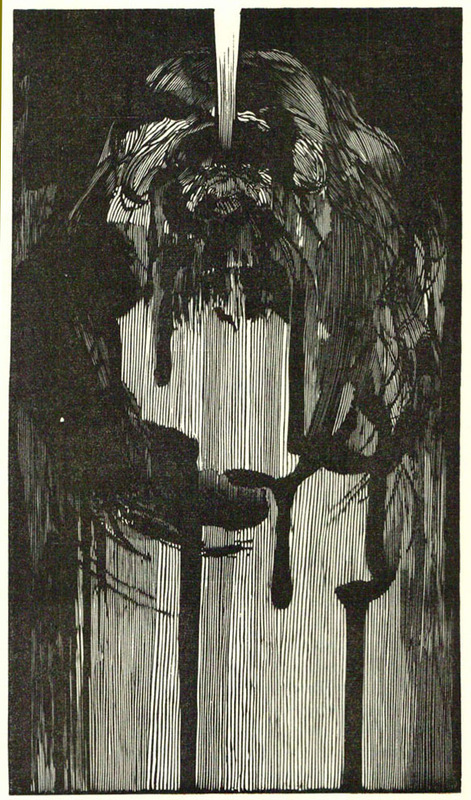Homer
Because the facts of Homer's life—when he was born or died, where he lived, who he was—remain unknown and shall most likely never be known, many scholars have doubted the existence of a "Homer" and point to his texts as the work of a collection of authors over a long period of time. This criticism stems from a disbelief that epics such as The Iliad and The Odyssey could have been formulated, maintained, and transmitted within an oral culture. However, new research on human memory and careful analysis of text reveals evidence that the textual style of each poem does emanate from one author.
No matter who wrote The Iliad and The Odyssey, we can assume that the texts which survive today are not as they were originally composed. Aside from actual textual emendations, the language changed over time, including the introduction of Attic forms and the replacement of archaic terms and usages, all done slowly over time.
While popular throughout the classical period, The Iliad and The Odyssey lost their popularity during the medieval period until Petrarch received a Homerian manuscript in 1354. Petrarch was probably the first to conceive the idea of a complete translation of Homer into Latin; and it was on his initiative and at his expense that Leontius Pilatus, who was for that purpose installed in Boccaccio's house in Florence, rendered both The Iliad and The Odyssey into Latin prose. Crude and imperfect as these translations were, they acquainted the Italian humanists for the first time with the world of Homer; and they greatly influenced all later translations for more than a hundred years to come. Complete English translations did not appear until the very end of the sixteenth century.
Homer's themes and styles have influenced writers throughout the years from Virgil to Petrarch to Dante. Most recently is James Joyce's Ulysses, which revisits Homer's Odyssey in a nineteenth century Dublin setting.

